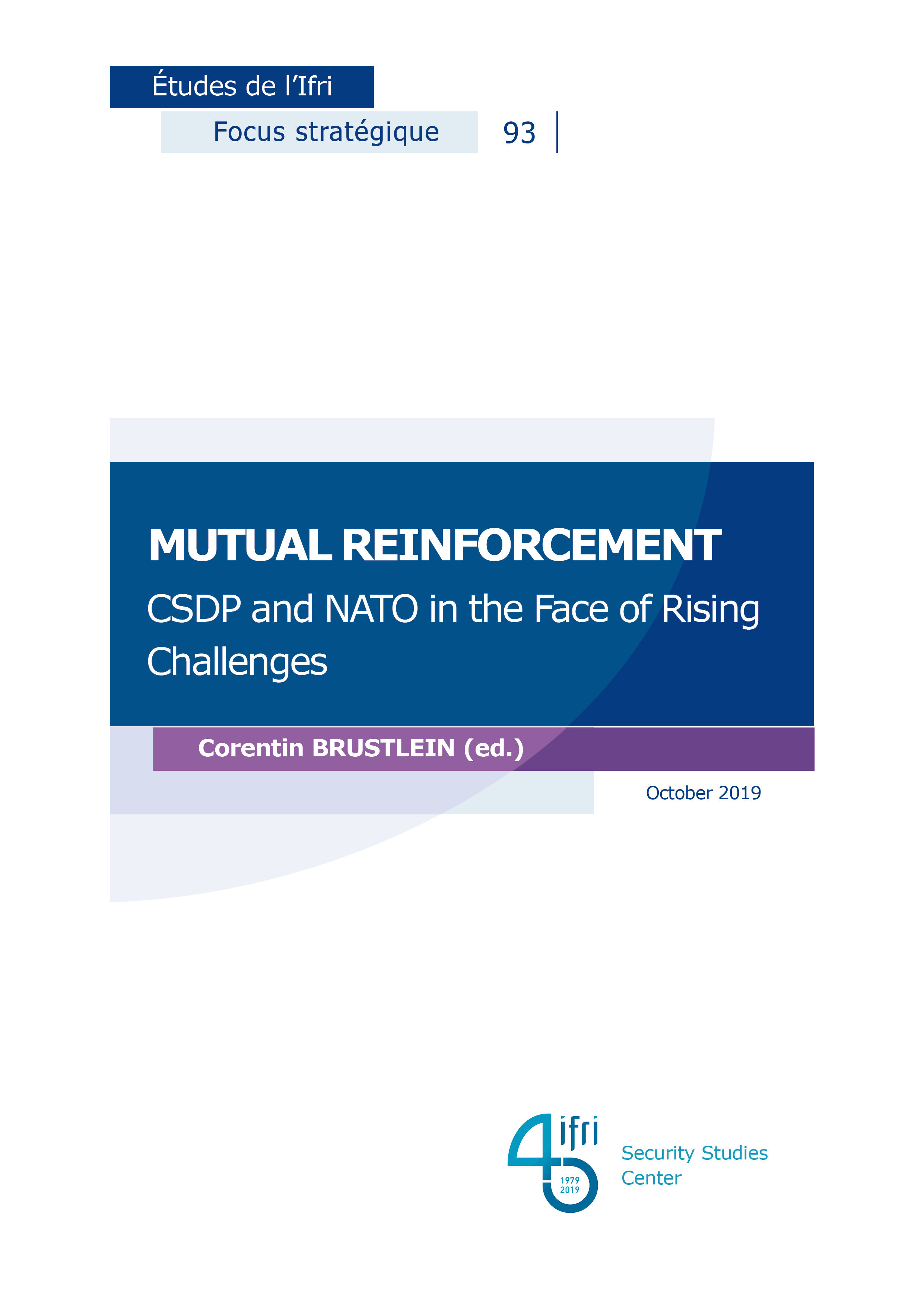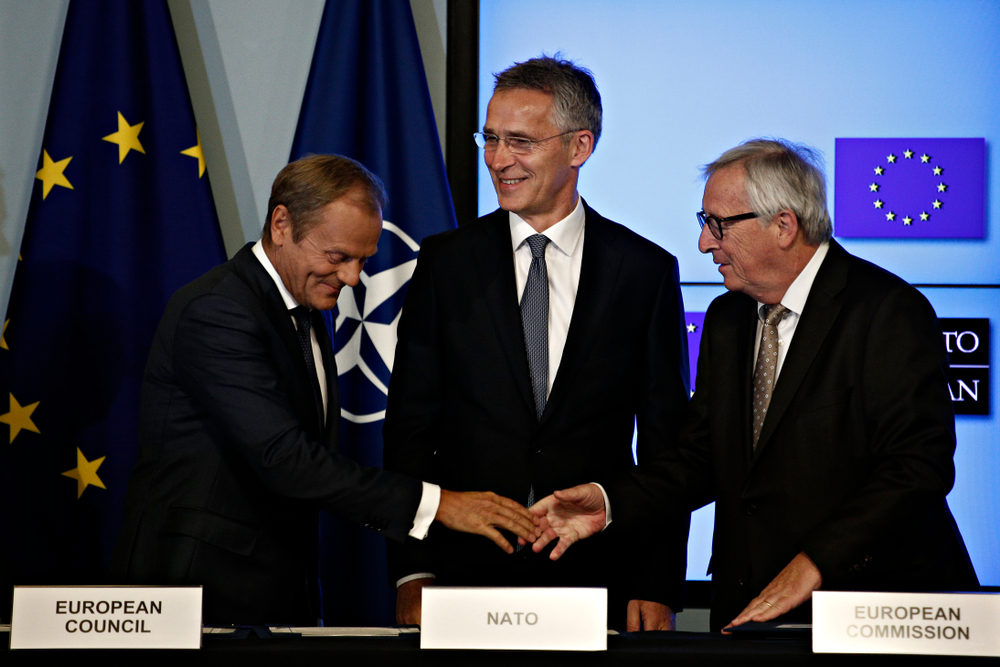Mutual Reinforcement: CSDP and NATO in the Face of Rising Challenges

Over the past five years, several political and security developments have made it increasingly necessary to look at European Union (EU) / North Atlantic Treaty Organization (NATO) relations through a different lens.

The renewed emphasis on European strategic autonomy, a concept that lends itself to multiple and sometimes diverging interpretations, has been a cause for rising concern among NATO member states. While some of those concerns appear legitimate, there are many ways to increase Europe’s strategic autonomy without undermining the Alliance. As the EU and NATO have taken new steps to strengthen their cooperation over the past years, it appears more important than ever to reject false dichotomies when prioritizing efforts to strengthen European security, to look at opportunities to better coordinate EU and NATO capability development processes, and to identify which types of military capabilities European countries should invest in to make burden-sharing with the Alliance more effective.
This publication contains chapters written by Sven BISCOP, Corentin BRUSTLEIN, Luis SIMÓN and Dick ZANDEE.

ISBN / ISSN
Share
Download the full analysis
This page contains only a summary of our work. If you would like to have access to all the information from our research on the subject, you can download the full version in PDF format.
Mutual Reinforcement: CSDP and NATO in the Face of Rising Challenges
Related centers and programs
Discover our other research centers and programsFind out more
Discover all our analysesThe Franco-German Brigade and the Revival of European Defense
One thing has been clear since Donald Trump's return to the White House: the very existence of the European unification project is threatened. Unless it develops a sovereign defense policy to counter the war in Ukraine and the weakening of American security guarantees, the European Union will continue to see its internal cohesion and external attractiveness wane.
Taking the Pulse: Can Europeans Build Their Independent Extended Nuclear Deterrent?
Confronted with a U.S. disengagement and the Russian threat, Europeans are reconsidering their stance on nuclear deterrence. Given the capabilities of the French and British arsenals, can Europe develop an independent nuclear deterrent?

RAMSES 2024. A World to Be Remade
For its 42nd edition, RAMSES 2024 identifies three major challenges for 2024.
A Transatlantic Defense Industrial Base? Two Contrasting Views
The evolving landscape of global defense cooperation has brought the transatlantic relationship between the United States (US) and Europe into sharp focus. As geopolitical tensions rise and the threat environment becomes more complex, the question of how Europe can best ensure its security while navigating its relationship with the United States has become paramount. This double feature report offers two contrasting views on the dynamics of US-Europe defense industrial relations, highlighting the challenges and opportunities that lie ahead for both parties.









